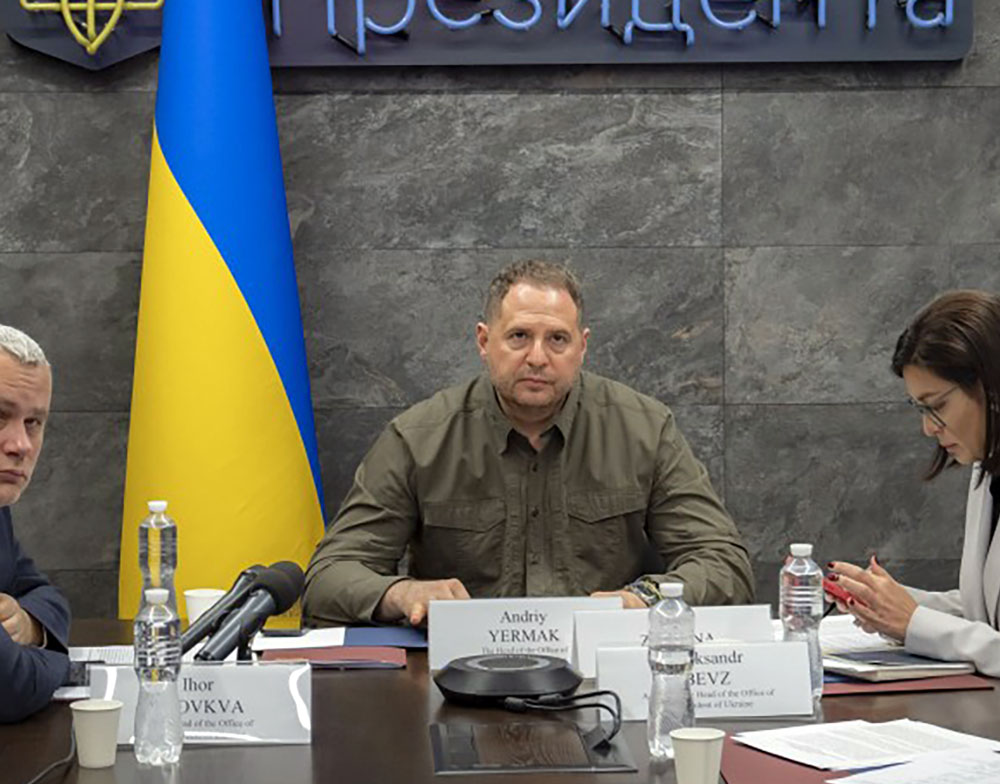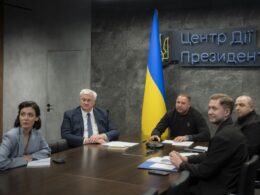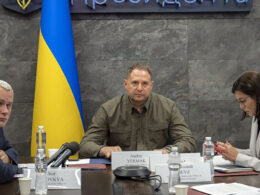A Ukrainian delegation, led by Andrii Yermak, the head of the Office of the President of Ukraine, met with senior representatives from President-elect Donald Trump’s transition team in Washington on 4 December, unnamed sources confirmed to Reuters and WSJ.
The discussions were allegedly aimed at addressing Ukraine's needs and objectives for a potential resolution of its nearly three-year-old all-out war against Russia.
The Ukrainian delegation reportedly met with high-level appointees such as Mike Waltz, Trump’s incoming national security adviser, Keith Kellogg, Trump’s appointed special envoy for Russia and Ukraine, and Vice president-elect JD Vance.
The exact details of the talks were not disclosed.
Previously, Trump has repeatedly promised to swiftly end the Russo-Ukrainian war, with his team members suggesting that Ukraine may need to make territorial concessions to Russia in exchange for a ceasefire. Meanwhile, NATO chief Mark Rutte warned earlier that forcing Ukraine into a weak peace agreement with Russia could create a “dire threat” from global adversaries like China, Iran, and North Korea.
Ukraine has maintained that NATO membership is a vital security guarantee against further Russian aggression. This position was echoed by Andrii Sybiha, Ukraine’s foreign minister, who reaffirmed Kyiv’s stance that it would not accept any security alternatives to NATO.
Related:
- Experts urge Trump to ramp up pressure on Putin before any peace talks
- NATO chief Rutte stresses more weapons for Ukraine, less talk on peace process
- WP: Trump must avoid appeasement trap in Ukraine-Russia peace talks if he wants to end war
- US, Germany “not ready” to invite Ukraine to NATO, alliance source says
- Atlantic Council: Putin is obsessed with Ukraine’s destruction, isn’t interested in peace deal, says expert
- ISW: Putin uninterested in negotiated peace, wants Ukraine’s capitulation
- Ukraine won’t accept anything less than NATO membership after failed Budapest Memorandum, Kyiv says
- NATO chief warns Trump: forced Ukraine peace deal could embolden China, Iran, and North Korea





